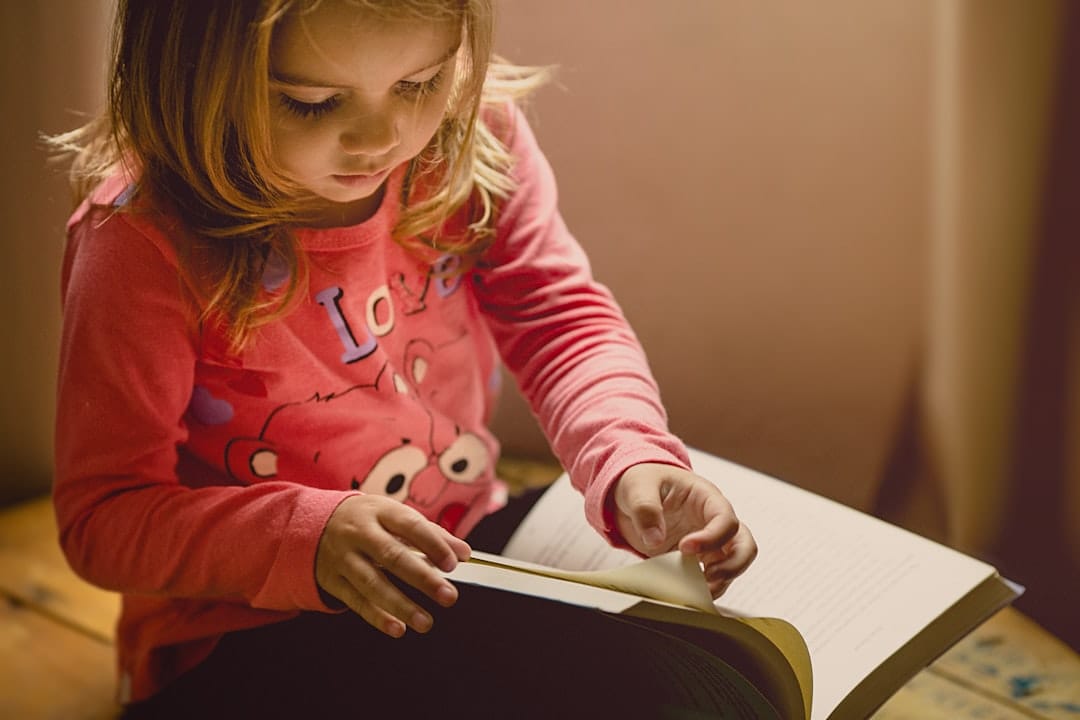In the book "Stolen Focus," the author discusses his journey to detox from social media to concentrate on his writing.
One chapter of the book features a researcher grappling with how different mediums impact our focus.
The Original Flow State - Reading
Flow state is defined as a state of intense focus.
It's where your mind concentrates on a single topic while simultaneously allowing your thoughts to drift to related subjects (as defined by your conscious and subconscious mind).
Those in this state often lose track of time, as they are engrossed in exploration. However, they feel energized as they process new information and strive to understand it.
If you've ever been lost in a book, or the memory of a book, reliving the experience, you've experienced a flow state.
Screens vs. Paper
Research suggests that we process information differently when it's on a screen versus paper.
On a screen, people tend to scan the text, quickly searching for the main point to move on to the next item.
With paper, reading is more linear.
The first line won't make sense without the second.
This linear process is more accepted in written form than on screens.
How We Read, Shapes Our Attention
The findings suggest that reading from screens may lead to shorter attention spans and poorer memory retention.
Screen reading often involves searching for the main point and moving on quickly once it's found.
In contrast, those who primarily read books develop patience in processing information.
This patience fosters the exploration of complex topics, potentially leading to new connections and insights.
The internet is rife with discussions about a crisis of attention.
Social media often bears the brunt of the blame, but this issue predates the internet. Televisions and radios have also been criticized in their respective eras.
So, parents -
Where Do We Go From Here?
I'm a parent of a toddler.
Official guidance is no screen-time period until at least 2 years old.
I also work in tech
and live in the 21st century.
The kid is going to see a screen.
The kid sees this screen as I write this.
I'm delving into the "why" to find what works for my family.
From a focus and attention perspective, television is designed to captivate.
Those familiar with video editing or YouTube content creation understand this.
Rapid camera switches, close-ups for emotions, wide shots for context, and dynamic movements are all storytelling tools.
If you look away, you might miss something, and rewinding isn't encouraged.
This contrasts with a book's pages of text.
You might skim or read quickly, but you can only go so fast.
Reading necessitates slowing down and contemplating the material.
Your imagination fills in the blanks.
Toddlers can't read, but they can listen to stories.
Their focus is on the parents, not the content.
With screens, the point is constant visual engagement.
The focus is on the screen.
So, when my child does watch screens, the content is intentionally boring like screen savers with unrelated background music.
He glances at the screen but isn't captivated.
He soon returns to his toys or tears up his play mat when he gets bored with the screen.
I’m good with that.
As he grows, we are likely going to introduce longer and richer stories.
To capture his imagination and help it wander and flow.
Can't wait.



